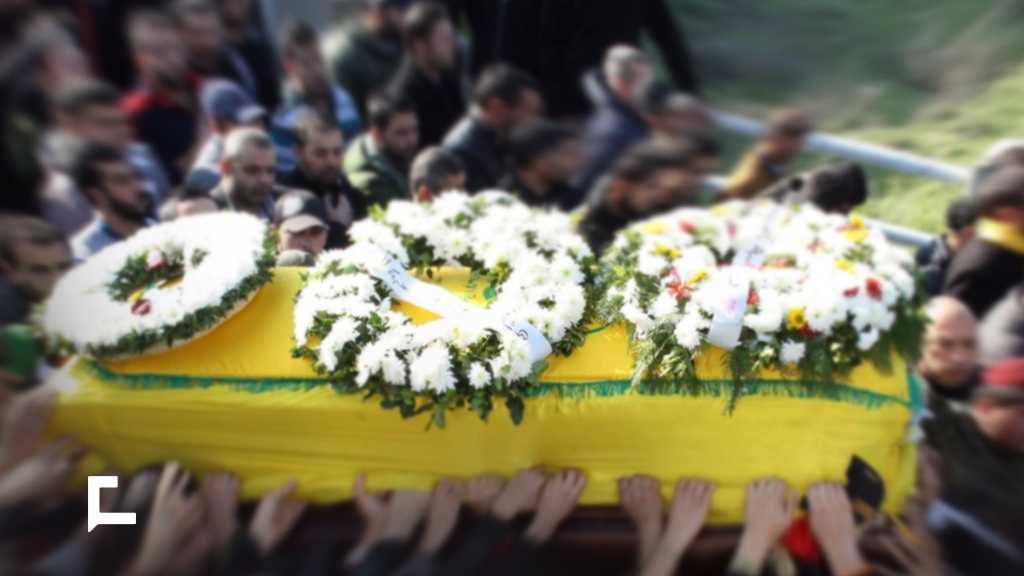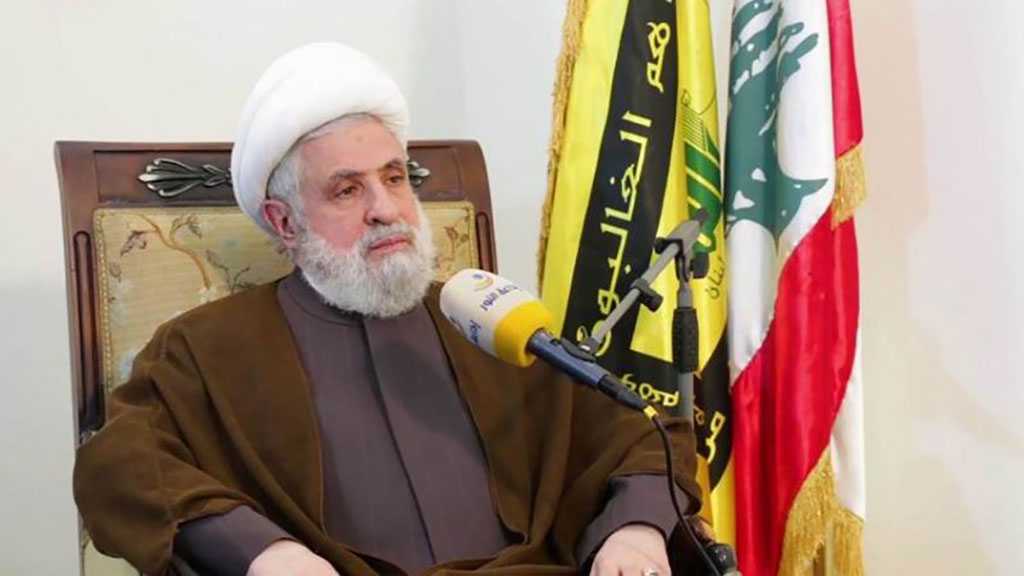
Hizbullah new reality
author: By Claude Salhani
source: UPI, 8-6-2004.
UPI International Editor
summary: Washington, DC, "Israel`s" decision to withdraw from the Gaza Strip is causing some analysts to reflect on the country`s earlier, sudden and unilateral withdrawal from south Lebanon in May 2000 -- a move that "created a new reality" in the Middle East, according to Zohar Palti, a colonel in the "Israeli" Army.
Palti, now a visiting military fellow at The Washington Institute for Near East Policy, is concerned that Hizbullah, the militant Shiite organization that pressured "Israel" to withdraw from South Lebanon after 18 years of continued occupation, is now backing the Palestinian Islamic Resistance Movement, and coaching the group to mirror in the occupied territories its own actions in Lebanon.
The "Israeli" officer sees Hizbullah`s hand in the support of Palestinian groups operating in the West Bank and Gaza, support which he says comes in the form of training, financing and weapons. "One hundred percent of Fatah attacks (in the occupied territories) are funded by Hizbullah," said Palti, referring to Yasser Arafat`s organization.
It was the continued harassment of "Israeli" forces in South Lebanon, combined with mounting casualties brought about by Hizbullah`s armed resistance to the occupation, that eventually forced "Israel`s" Prime Minister Ehud Barak to order the pullout.
Hizbullah perceived "Israel`s" abandonment of southern Lebanon as a clear military victory, as did much of the Arab world. Indeed, many people in the Middle East refer to the "Israeli" withdrawal from Lebanon as the first real Arab victory over "Israel" in the 50-year-plus Arab-"Israeli" conflict.
With the peace process shelved and deadly confrontations between Palestinians and "Israelis" continuing apace -- periodically punctuated by a war of propaganda -- "Israel" remains cognizant that it cannot afford a repetition of the Lebanon fiasco. This would appear to be ever more the case as Prime Minister Ariel Sharon prepares to eventually pull out -- again unilaterally -- from the Gaza Strip.
"Israeli" officials have recently told United Press International that under no circumstances could Hamas be allowed to look at "Israel`s" Gaza pullout as a victory. ""Israel"," admitted a senior "Israeli" official speaking off the record to United Press International, "would never want to repeat the mistake of south Lebanon."
Palti and other Hizbullah watchers such as Matthew Levitt, a senior fellow at The Washington Institute for Near East Policy who specializes in terrorism, believe Hizbullah is now instructing the Palestinian Islamic Resistance Movement, or Hamas, as the group is known by its Arabic acronym, to follow in its footsteps.
For his part, Levitt claims that 80 percent of attacks carried out by Hamas against "Israel" have Hizbullah links. "There is a Hizbullah fingerprint on 80 percent of Hamas attacks," he told a conference in Washington addressing the "Hizbullah issue" Tuesday.
Furthermore, Palti believes Hizbullah has infiltrated a number of "sleeper" agents inside "Israel" who are waiting for the right moment to strike. But, he added, "We don`t know when that moment is."
Outlining what they view as "the Hizbullah threat," both men painted of Hizbullah a picture that largely contradicts the image the militant Shiite group is trying to project.
Speaking to this reporter in his Beirut headquarters shortly after the fall of Baghdad last year, Naim Qassem, Hizbullah`s deputy secretary general, claimed that "Hizbullah has no desire to expand outside Lebanon or the region."
In fact, the militant Shiite movement, whose name means Party of God in Arabic, has, since "Israel`s" withdrawal from most of south Lebanon, limited its attacks against "Israeli" positions to a small area of land in the south of the country known as the Shibaa Farms. This is an area currently occupied by "Israel" and which "Israel" insists belongs to Syria. Lebanon, and particularly Hizbullah, claim it`s theirs.
"Israel" and the United States consider Hizbullah a terrorist organization, but the group is seen in Lebanon, and elsewhere in the Arab world, as a legitimate resistance movement. In Lebanon, where several of its members have been elected to the national parliament, it enjoys strong popular support, even among some Lebanese Christians.
Besides continued harassment of "Israeli" positions in the Shibaa Farms, Qassem stressed that his organization had not indulged in any "terrorist activity." Observers in Beirut state that this is a period of the group`s history Hizbullah is trying hard to put behind them.
Additionally, Palti and Levitt say they are seeing a worrisome new development taking place in the Palestinian territories; a growing connection between terrorism and criminals.
They point to Qeis Ubeid, an "Israeli"-Arab from the village of Teibe, whom they say is involved in organized crime and they believe is the Hizbullah link "inside" as the Lebanese Shiite organization refers to the West Bank and Gaza. Palti called it "a new phenomenon."
But as the "Israeli" officer pointed out, just what Hizbullah is capable of in the West Bank and Gaza remains to be seen.

Memoirs of a Disappointed Collaborator
11 months ago

